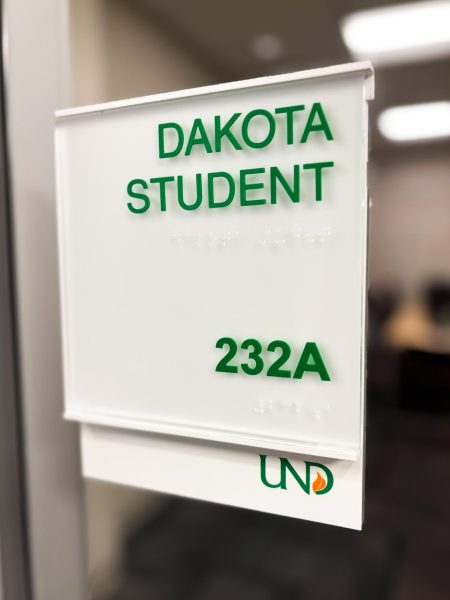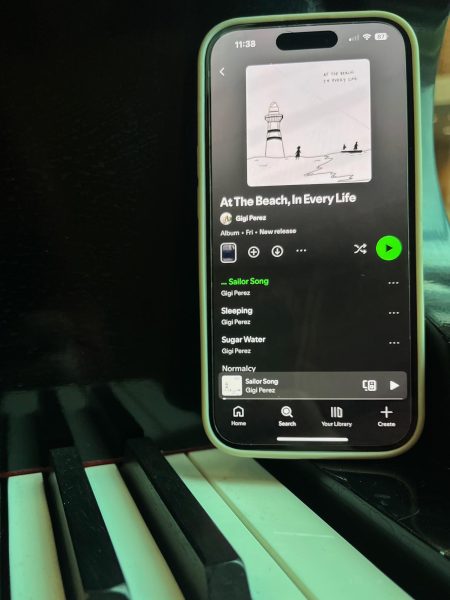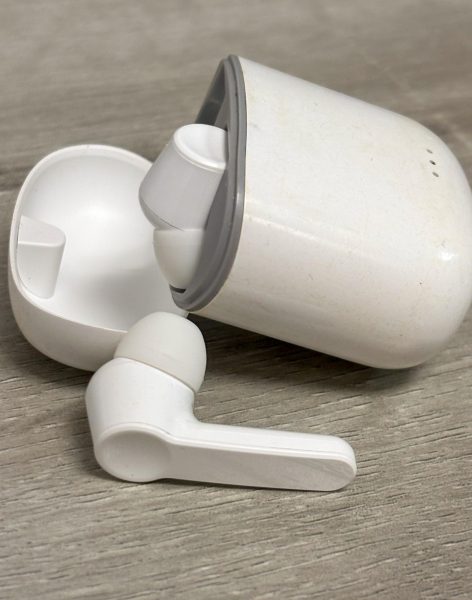The importance of being blunt, honest and polite
We like to be polite up here in the tundra that is the northern Midwest. Midwesterners are known all around the US for their politeness, but this small area of the country — North and South Dakota and Minnesota — is known especially.
For a Midwesterner, I am polite. I’m regularly complimented on my manners by other midwesterners. This used to confuse me, because I also am known for being blunt and honest.
Being both polite and still telling it like it is seems paradoxical, especially in a place where we lecture children on the proper way to say “I don’t care for potato hotdish” rather than just saying “No, thank you.” And yes, that is a real story from my childhood.
See, I’ve always believed in telling someone that those pants do not look good, that they can’t sing or that they don’t roll the lefse thin enough rather than just smiling and keeping everybody happy. This doesn’t mean I’ll tell them without the proper channels being opened. For example, I would never go up to Justin Bieber and tell him “You are an idiot who needs to grow up.” Honestly, I would probably just try and find a way to blend into the scenery were I to be in the same room as Bieber.
But for people who know me, when they ask me outright, I’m happy to give them a straight answer. Yes, it isn’t pleasant hearing that your rainbow parachute pants aren’t the greatest fashion choice, but at least now you know and can move on to bigger and better things, or in this case, smaller and quieter pants.
I’ve been there. I’ve made the stupid fashion choice. I’ve had the spinach in my teeth.
There are, of course, times we shouldn’t say anything. For the bad karaoke singer, ignorance is bliss. When asked about their performance, I have no qualms saying “That’s the best/worst I’ve heard from you.” No lies, no hurt feelings. If that same karaoke singer asked if I thought they should audition for American Idol, then we’d need to have a longer talk.
And yet, it often comes down to an either-or mentality, we can be polite or we can be honest. We can either be nice or blunt.
But it isn’t like that in real life, or at least it doesn’t have to be. Being blunt is telling a speaker his fly is down. Being nice and blunt is telling him his fly is down, quietly so only he can hear. Being all four (blunt, nice, honest and polite) involves quietly telling the speaker his fly is down before he gets up to make the speech.
And yet, after giving a speech zipper-down, it’s so common for a speaker, when asking a viewer if his flamingo boxers were visible the whole time, to be told “I’m sure no one noticed.”
This imaginary speaker won’t believe you. And honestly, having been at the podium, underwear accidentally out during the whole speech, the lie doesn’t make me feel much better.
The only benefit this approach has is to the truth-avoider. The avoider gets to go on his day believing he spared the speaker’s feelings. He gets to be a hero.
This scenario reveals the true face of politeness without honesty, nicety without bluntness: it is all about the giver feeling good. The receiver becomes no more than a challenge that the polite-person-who-lies can overcome. It becomes so very manipulative and self serving so incredibly quickly.
It’s shocking to think of politeness and being nice as being anything but selfless. But I argue that they are actually self-serving when used without honesty and the occasional dose of bluntness. In the end, the only benefactor is the liar who happens to be polite. Don’t believe me? Go used car shopping. This lying polite type isn’t just seen in the Midwest, but in dealerships country wide.
Am I being harsh? Yeah, a little bit. I’m not trying to say we need to stop saying our pleases and thank yous, but saying that we need to examine why we do these social niceties the way we do. In the end, who is it really serving? And in the end, who would you rather be?
Kjerstine Trooien is staff writer of The Dakota Student. She can be reached at kjerstine.trooien @my.und.edu.






